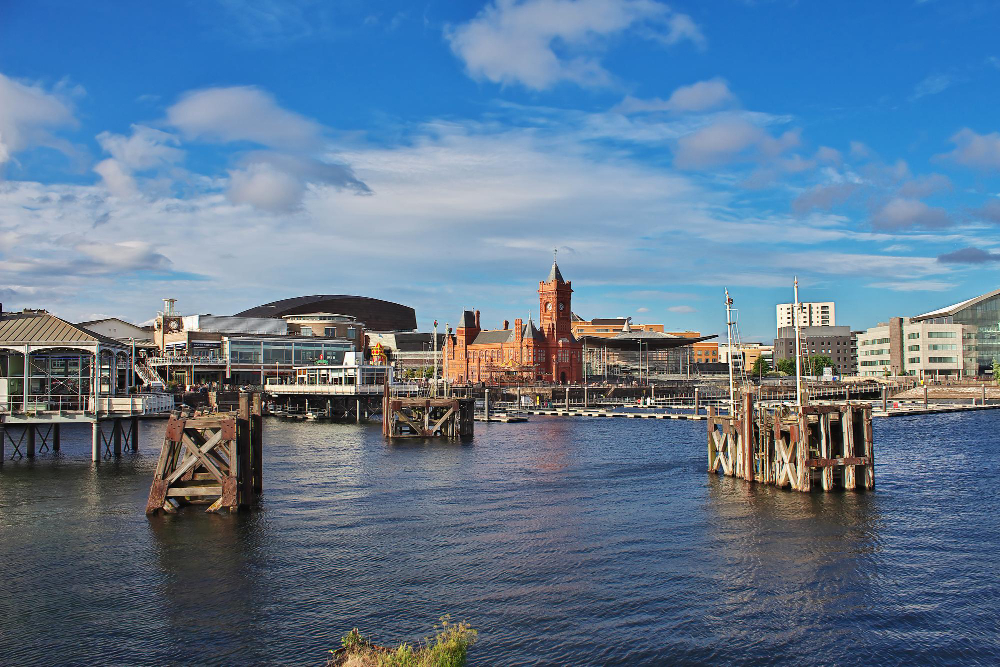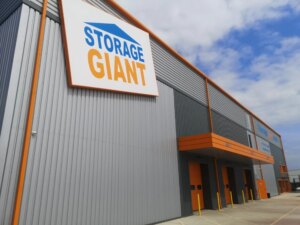What to Know When Moving to Wales

Moving to Wales can be a rewarding experience, offering beautiful landscapes, affordable living and a distinctive culture. However, relocating to a new region requires careful planning to ensure a smooth transition. From finding accommodation to setting up utilities and understanding transport, here’s a guide to the practicalities you need to consider before moving to Wales.
- Housing and Accommodation
Finding a suitable place to live is one of the most important steps when relocating. Wales offers a range of housing options, from city apartments to countryside cottages. The cost of housing in Wales is generally lower than in many parts of England, particularly in comparison to London and the South East. Cities like Cardiff, Swansea and Newport offer more modern housing options, while rural areas provide a quieter and more affordable lifestyle.
When choosing where to live, consider the type of environment you prefer and your proximity to work or essential services. In rural areas, properties tend to be more affordable, but you may face longer commutes and limited access to amenities. Meanwhile, living in cities gives you closer access to job opportunities, better public transport and a wider range of shops and services. Working with a professional company like Finest Van can help to get your home packed up and moved as quickly and efficiently as possible.
- Utilities and Setting Up Services
Once you’ve found your new home, the next step is to set up your utilities. This includes services such as electricity, gas, water, broadband, and council tax. In Wales, multiple providers offer these services, giving you the opportunity to compare rates and find the best deals.
To make the transition smoother, it’s a good idea to arrange for these services to be connected before your move-in date. If you’re moving into a rural area, make sure to check broadband speeds and mobile coverage, as they can be lower in more remote locations. You will also need to register for council tax with your local council, which funds local services like waste collection and road maintenance. Council tax rates depend on your property’s valuation band, so it’s important to factor this into your monthly budget.
- Transport and Getting Around
Transportation in Wales is more accessible in the southern part of the country. Major cities like Cardiff and Swansea have regular train and bus services, making it easy to get around without a car, although if living and working in the City, it may be quicker and easier to walk for short journeys. If you’re moving to a rural area, however, public transport options may be more limited, so having a car could be necessary.
The M4 motorway connects Wales to London and the south of England, making road travel between major cities convenient. However, the mountainous terrain in parts of Wales can make driving distances longer, especially in rural areas. If you plan to commute or travel frequently, it’s worth considering how the local transport links and road conditions will impact your daily routine.
- Healthcare Registration
In Wales, healthcare is provided by the National Health Service (NHS), similar to the rest of the UK. One key difference is that prescription charges in Wales were abolished in 2007, making healthcare more affordable for those who need regular medication. Once you’ve moved, you will need to register with a local GP surgery to access NHS services.
It’s advisable to research the local healthcare facilities near your new home before moving. This ensures you can find a GP and dentist easily, especially if you have ongoing medical needs or children who may require regular healthcare check-ups.
- Employment and the Job Market
Wales has a diverse economy, but employment opportunities can vary depending on the region. Major cities like Cardiff and Swansea have thriving job markets, particularly in sectors such as finance, technology, education, and public services. However, rural areas may offer fewer employment options, and many people in these areas work remotely or commute to nearby cities for work.
If you’re moving to Wales without securing a job first, it’s important to research employment opportunities in your field. Cardiff, in particular, has a growing business hub, while Swansea offers opportunities in education and healthcare. For those able to work remotely, Wales’ affordable cost of living and attractive environment make it an appealing option.
- Schooling and Education
If you’re moving to Wales with children, you’ll need to consider schooling options. Wales has its own devolved education system, with a focus on Welsh language and culture. In addition to English-medium schools, there are Welsh-medium schools where lessons are taught in Welsh. Many parents choose this option to give their children the chance to learn Welsh fluently.
Make sure to research local schools and their performance before moving, particularly if you have a preference for Welsh-medium education. You can find information on local schools through the Welsh Government’s website or by contacting the local education authority.
Final Thoughts
Moving to Wales involves several practical considerations, from housing and transport to utilities and healthcare. By planning ahead and understanding the local systems, you can ensure a smooth transition to your new home. Whether you’re moving to a bustling city or a quiet rural area, taking care of these practicalities will help you settle in quickly and enjoy the many benefits Wales has to offer.





